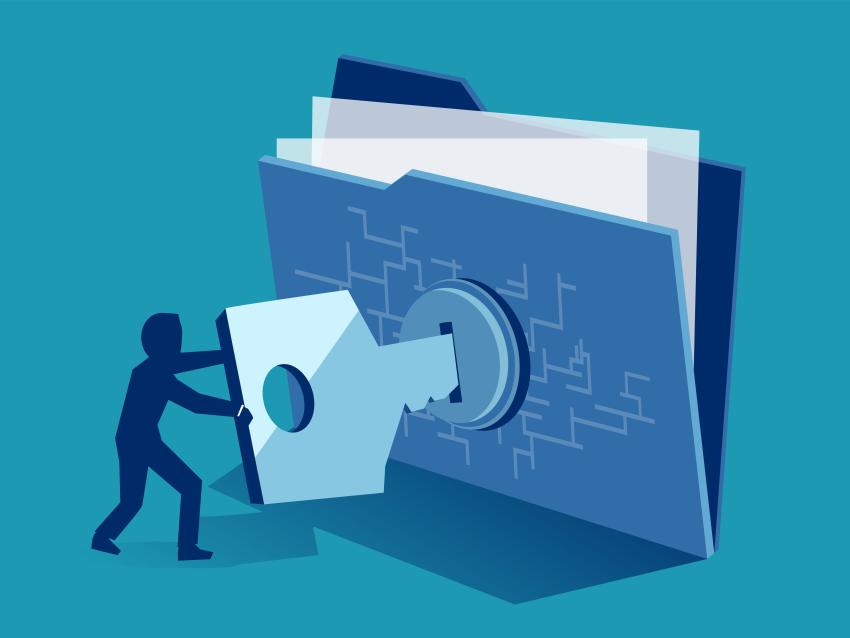
It’s data privacy week. Do you know how to protect your data?
Every time you visit a website, scroll through social media or download a fitness app, you generate valuable data about your habits, likes and even your health. This might sound insignificant, but companies are willing to pay for it.
Although the U.S. has a mix of laws that protect things like your health data, there’s no overarching law that protects all your data.
January 21- 27 is Data Privacy Week, and the University of Kentucky Information Technology Services (UK ITS) encourages the university community to be proactive when it comes to data privacy.
Michael P. Sheron, IT Policy & Data Privacy Analyst with UK ITS, said, “At the University of Kentucky, we are dedicated to preserving the confidentiality of the personal and sensitive data entrusted to us. This commitment empowers individuals who rely on us by providing control over how their data is utilized and who has access to it.”
Sheron said protecting personal and sensitive data can seem challenging in an online world, but everyone can take a few simple steps.
Sharpen your sharing. Think before you post. Less is more, especially social media. Think twice before you post personal details. The less you share, the less there is to steal.
Fortress your devices. Lock them down with strong, unique passwords for each site. A password manager becomes your trusty squire.
Double lock your doors. Activate Multi-factor Authentication (MFA), like a password and a secret code, for extra security. Keep your antivirus and anti-malware software sharp and updated.
Stick to secure connections. Look for the "https" shield and skip public Wi-Fi for sensitive tasks. Consider buying a VPN (Virtual Private Network) service for extra online banking or shopping protection.
Take control of your data. Regularly check and adjust privacy settings on all your devices and apps.
Beware of the data brokers. These sneaky info-gatherers might be selling your details. Learn how to opt out of their services.
Stay vigilant and informed. Stay updated on the latest threats and tips to stay safe online.
Report online scams. If you become the victim of an online scam or fraud, report it. See suspicious emails, it only takes a few clicks to report phishing emails.
“By following these steps, you become the boss of your digital domain,” Sheron said. “You'll not only strengthen your defenses against potential threats, but also gain valuable control over your personal and sensitive information in the online world.”
For the latest ITS tips, news and information, follow us on social media.
